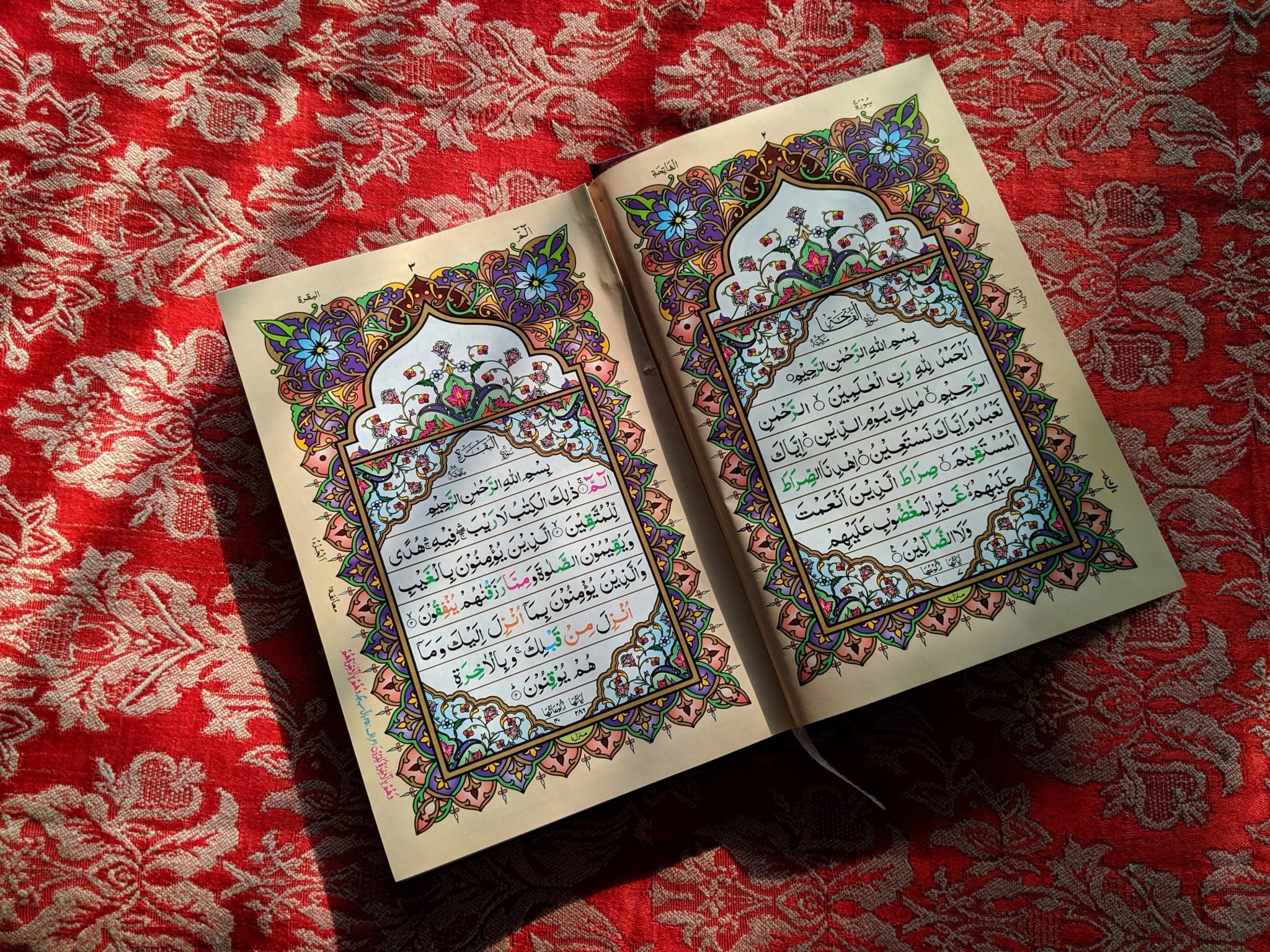Most people believe that being queer and of Islamic faith is a rare thing. However, this intersection has always been present.
“You’re gonna find queer people everywhere like no matter where you are… no matter how hidden they are,” said Izaz Umar (he/him), who is a proud bisexual Muslim transman, born and raised a Muslim.
“We have always been here,” adds Ahmed (he/him), who is a proud queer man and is the secretary of Sydney Queer Muslims, a non-for-profit organisation that provides support and resources for Queer Muslims.
It is believed that Islam and queerness cannot co-exist. In Australia, where queer Muslims face rampant Islamophobia in the LGBTQ+ community and a lack of queer acceptance in the Muslim community, they find their identities conflicted, conditioned to question themselves for being queer and religious. Some are forced to give up while others choose not to. Because how can one give up something that you were born to have?
“Everyone told me I had to be one thing or another,” said Umar. “And it took me years to get over that kind of mindset.”
“I was always Muslim,” said Ahmed. He began his journey to “reconcile being Muslim and queer” after he accepted his queerness in university. “This is something that I have worked on for 10+ years,” said Ahmed. “It is a journey that I am still on even though I am confident in both my identities.”
In doing his own research about Islam’s perspective of queerness, he uncovered that it rarely talked about it, with a few verses that scholars say are about queerness can be interpreted as if they are not. “If Islam doesn’t clearly say that queerness is wrong then there is room for discussion and acceptance.” Furthermore, he discovered evidence of queer relationships in poetry and art by pre-colonial Muslim artists, such as Rumi, a Turkish poet whose works explored gay love. “This shows that Queerness is not a new or Westernised idea, but we have been a part of the community for a long time.”
Despite this, many queer Muslims experience backlash from their community.
“Sex and sexuality is not something that is discussed in the Muslim community,” said Ahmed. “Sex is only supposed to happen between a husband and wife. Queerness is considered a Westernised concept by the majority of the Muslim community.”
But as queer Muslims turn back to the LGBTQ+ community for that sense of belonging, they are often met with a confusing mix of backlash and acceptance.
“It was scary because I thought I was all on my own… There were queer people in my life who didn’t understand the religion side of it. And then there were the religious people in my life, such as my parents, my community, who were vehemently against anything queer. So there was no one I could talk to, who understood both of these things,” said Umar.
“The backlash is rooted in either islamophobia or anti-religion sentiment in general. The acceptance is rooted in appreciation of diversity,” said Ahmed. He said that there is enough backlash for a needed safe space for queer Muslims, and there is enough acceptance for queer Muslims to receive support from most queer organisations. These autonomous spaces help create a community where healthy discussions about queerness and faith can flourish.
Fortunately, they were able to find the beauty in being queer and Muslim.
Umar then dwelled upon the unique experience of being a queer person of colour. “I have a very, very rare perspective on life that no one else gets, because I’m not only queer, I’m also a person of colour,” said Umar. He explained that this perspective “makes you a much more empathetic person… a more tolerant person. It gives you more to love.”
“Islam is not a religion of violence. God is painted as like this terrifying overlord. But people forget, especially Muslims, forget how loving and kind Allah can be,” said Umar.
However, there is hope on the horizon. “Things are changing,” said Ahmed. “Muslim allies are coming to vocally support the queer community… More and more queer Muslims are coming out to their families and forcing an open discussion on queerness.”
For Queer Muslims who are reading this and still navigating through their identity, here are some wise words from Ahmed and Umar to get you started:
“Don’t let others define what it is to be queer and Muslim,” said Ahmed. “You belong in both communities even if the others in the community do not agree. You are not alone, there are others who went through the similar journey.”
“Research shit about Islam yourself,” said Umar. “Because there will be people around you who will tell you things without knowing the full historical context.”
“Find your people,” said Umar, who has found his people through social media such as TikTok accounts and Reddit groups. “You are not evil or wrong, or forbidden in any way… This is how Allah intended you to be. He didn’t make you queer just to send you to Hell. That would be a very unkind God.”





